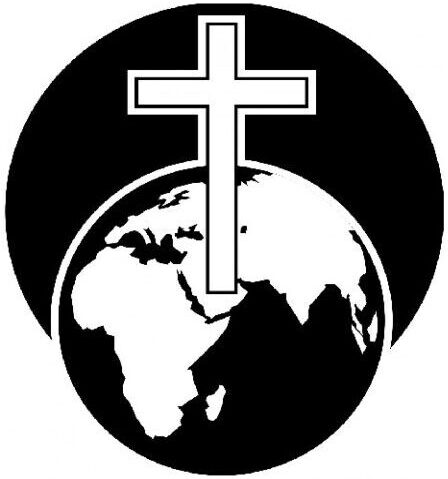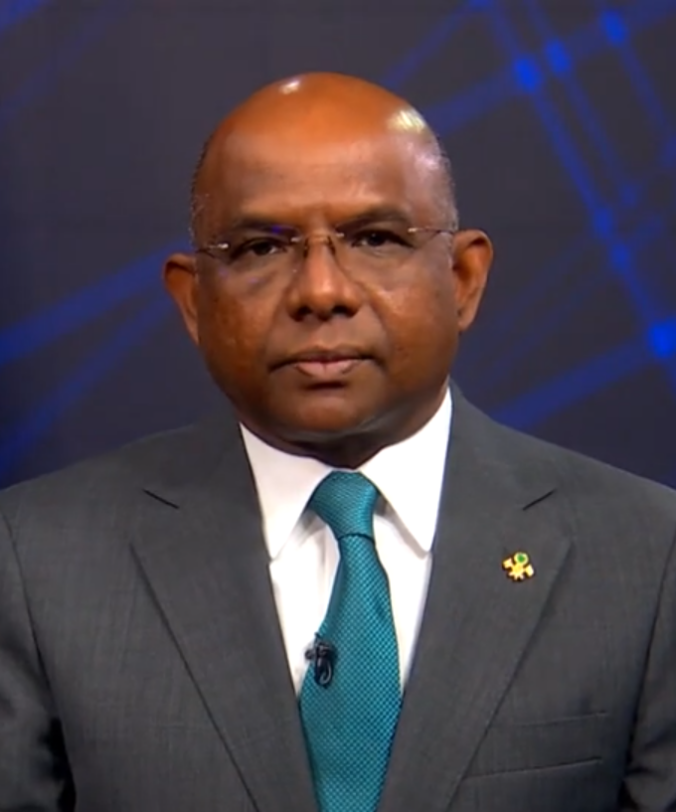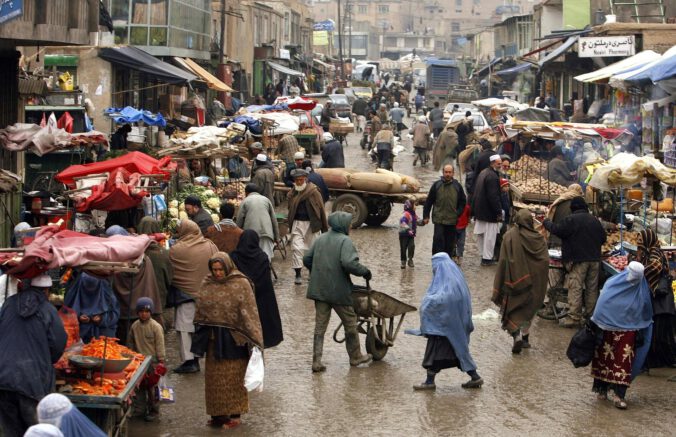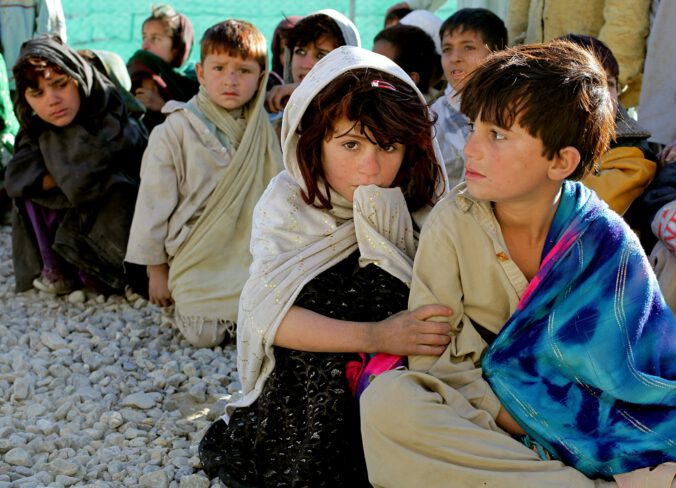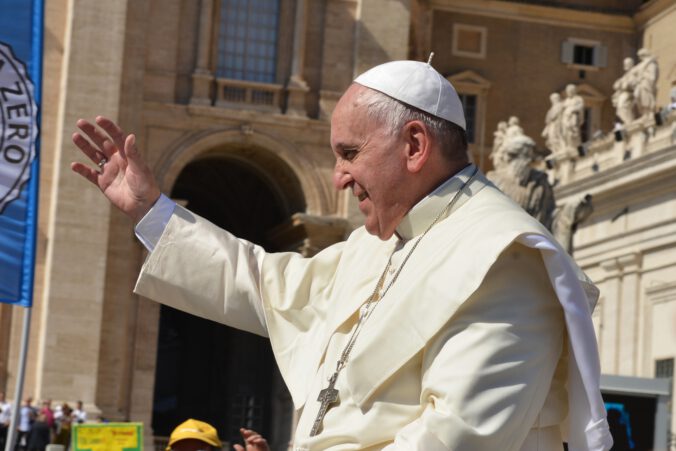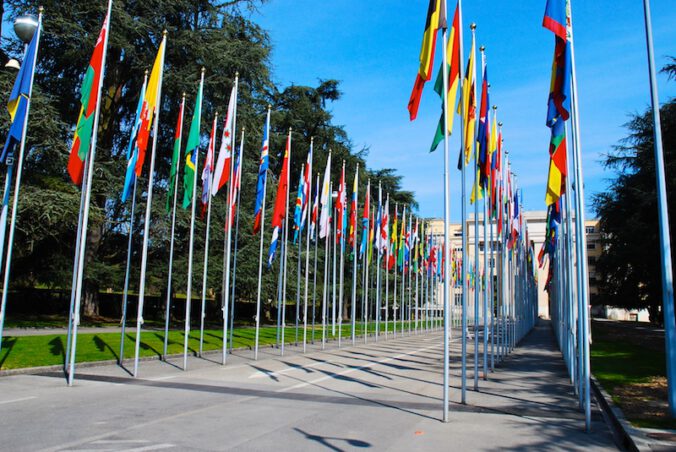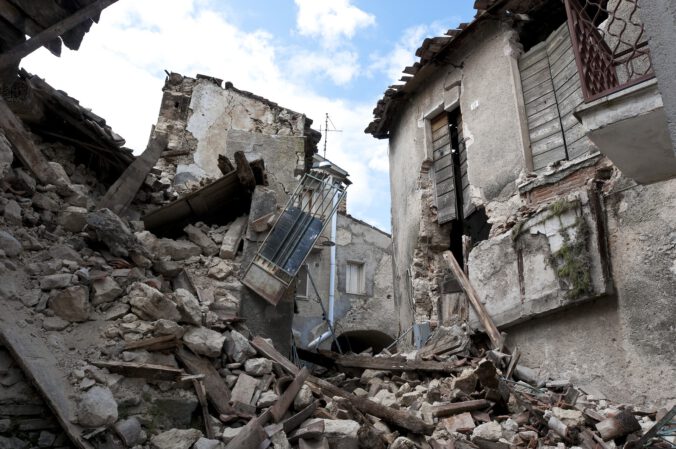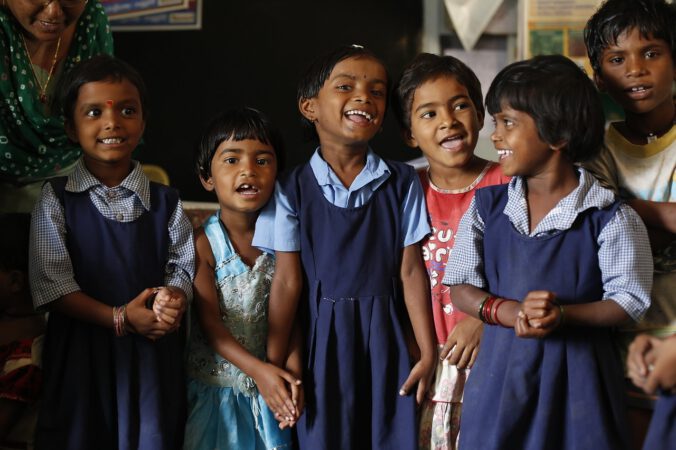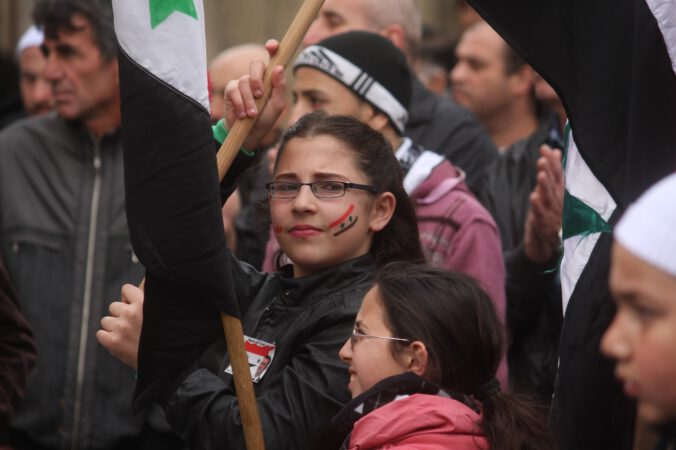The incoming President Abdulla Shahid of the UN General Assembly says that hope is desperately needed for those billions around the world struggling with the COVID-19 pandemic, devastation, and strife.
“The General Assembly is the only body which has the 193 countries represented and this body, when it speaks unanimously, when it decides on a matter, that is the international conscience,” Abulla Shahid said, ahead of the 76th General Assembly session, which starts on 14 September.
He added that on issues such as climate change and equitable access to vaccines, he would “never give up hope that humanity will rise to the occasion.”
Mr. Shahid also spoke about the importance of these issues and his overall presidency for his home country of the Maldives, which he serves as foreign minister, an island nation with a population of around 530,000 people.
He will now represent a United Nations body that speaks on behalf of nearly 7.9 billion people.
In an interview to UN News he quoted: “Investing in multilateralism is what we should do now.
COVID-19 has once again shown us now that multilateralism is the only way forward.
The best investment in multilateralism is investing in young people“.
The World Government Movement wishes Abdulla Shahid the best with his duty as 76th President of the UN General Assembly.
Join the World Government Movement if you believe the world leaders should unite and work together to create a Paradise on Earth with the help of God.[ultimatemember_social_login id=691]
